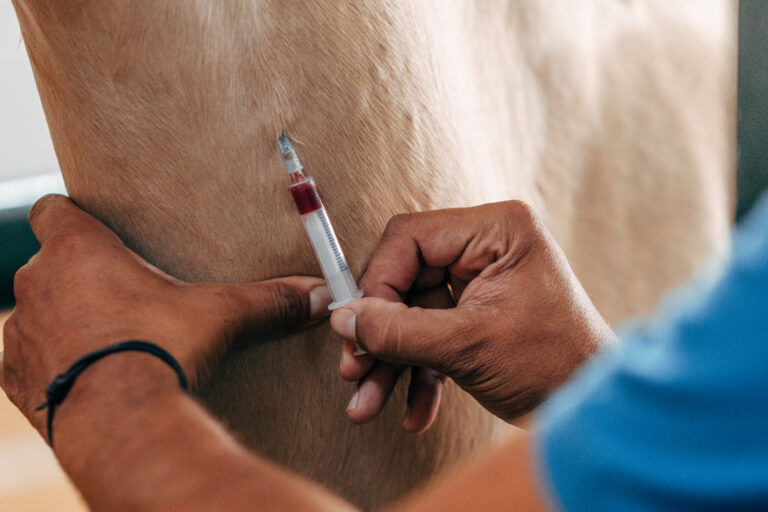A new article from the Journal of Applied Behavior Analysis has been posted on wiley.com and is available for purchase or rent. The article is titled, “Reducing pawing in horses using positive reinforcement.”
Abstract
Aversive control is a common method to reduce undesirable behavior in horses. However, it often results in unintended negative side effects, including potential abuse of the animal. Procedures based on positive reinforcement, such as differential reinforcement of other behavior (DRO), may reduce undesirable behaviors with fewer negative consequences. The current study used DRO schedules to reduce pawing using a multiple baseline design across 3 horses. Results indicated that DRO schedules were effective at reducing pawing. However, individual differences in sensitivity to DRO and reinforcer efficacy may be important considerations.
Authors
Adam E. Fox, Department of Psychology, St. Lawrence University, 23 Romoda Dr., Canton, New York. This research was completed by Devon L. Belding in partial fulfillment of the requirements to graduate with honors in psychology at St. Lawrence University. The authors noted: We thank trainer Allie Fox and the riders and owners at CelMarSOL Ranch for their help and enthusiasm.








